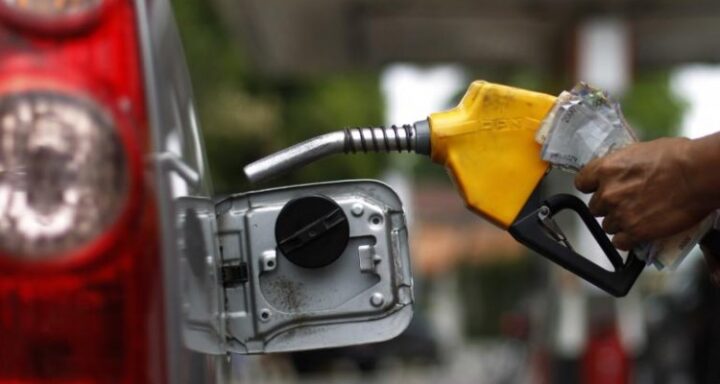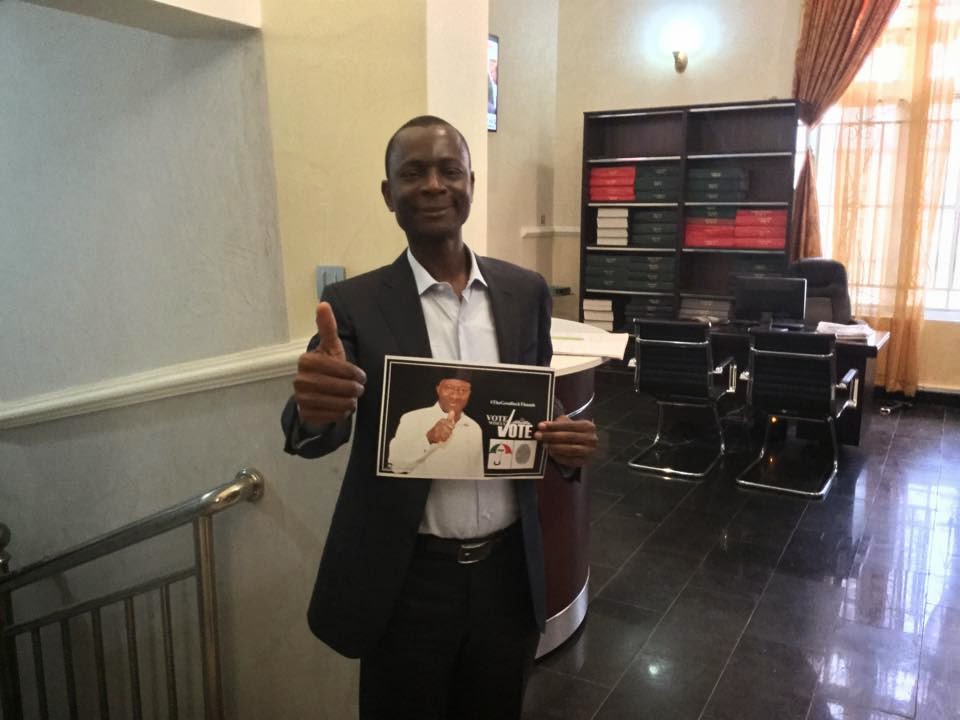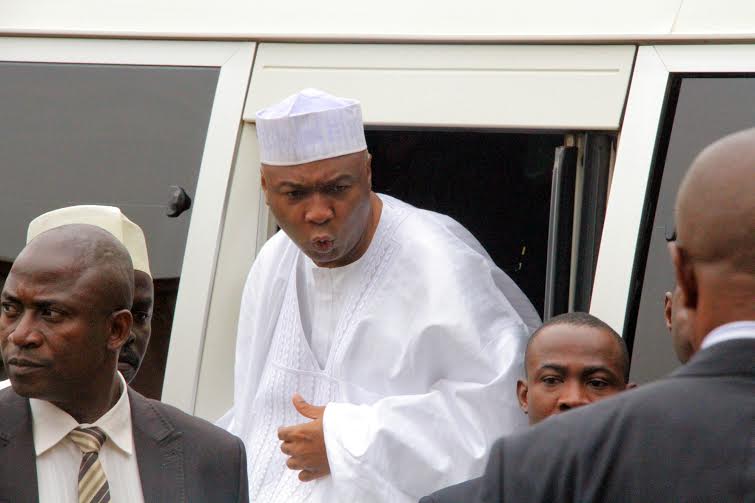BY MOTUNRAYO FAMUYIWA-ALAKA
After the Minister of State for Petroleum, Mr. Ibe Kachikwu’s speech announcing the increase in fuel pump price from N86.50k to N145 on Wednesday 11 May 2016, the long queues at filling stations seemed to disappear and life ‘looked normal’, save for the expected debates around the issue.
Witnessing a dialogue between my husband, Jide and Ayo, a teenage boy who works as an apprentice auto mechanic at a shop close to my residence, woke me up to the prevailing reality – the fuel scarcity is yet to end for millions of Nigerians.
On the evening of Friday 13 May, Jide, and I had bumped into Ayo, whom we are quite cordial with, on our way back home from a stroll within the neighbourhood.
Advertisement
The following dialogue ensued between the two men:
Jide: Ayo! How are you?
Ayo: I am fine Sir.
Advertisement
Jide: Have you bought fuel now?
Ayo: There is no fuel Sir.
Jide: What do you mean by “there is no fuel”. Most filling stations have been selling since yesterday.
Ayo: There is no fuel Sir.
Advertisement
Jide: Ayo! You are not serious. There is fuel almost everywhere now…
Ayo: N145 per litre fuel? Is that fuel? There is no fuel Sir.
I have pondered about this encounter all weekend! Ayo’s striking perspective keeps gnawing me. Of course I considered that the sixty percent increase in fuel price would make things more uncomfortable for many including myself.
Yet, the pronouncement seemed to have relieved more than it bothered me. ‘At least the trouble of forever-queues for the product would likely stop’, I thought.
Advertisement
The fact however is that for more than half of Nigeria’s 170 million people, most of whom are in Ayo’s age range, have enormous responsibilities and live well below the two dollar a day poverty line, or even civil servants owed months in salaries, there is still no fuel.
For this lot, fuel scarcity is hardly only about the availability of the product. It is also about its accessibility – the purchase power. It is about pricing. And, price is a wicked bastard in our clime.The experience over the years, has been that when that thing called price goes up, it stays there and soon creates yet another upper limit to make way for its further rise.
Advertisement
Between the 1990s when we were in what seemed like the most difficult grip of military dictatorship and economic austerity, (using saw dust or charcoal to cook, the peel of yam for yam flour dumplings and trekking hours to save cost on transportation), and now, inflation has gone up astronomically.
The elites may choose to speak high sounding and sometimes politically motivated grammar about the correctness or otherwise of fuel subsidy removal and or deregulation.
Advertisement
Ibe Kachikwu and Yemi Osinbajo, the vice-president, have presented nice narratives about what the move will do for Nigeria and Nigerians, especially in the long term.
Many other for and against debates have also gone viral since the announcement. But, for the poor Nigerians struggling for survival, there is only one present and painful reality – there is no fuel and life is tough.
Advertisement
To be clear, I support the fuel subsidy removal, as long as this current government makes good its promise to prevent corruption, embrace transparency, spend for the future and correct the many anomalies in the system.
I am one of those who firmly holds the opinion that the Occupy Nigeria episode of January 2012, was hardly about fuel subsidy removal. It was about trust. Nigerians, who protested, believed strongly that the government of Goodluck Ebele Jonathan lacked the moral credential and political will to enforce the deliberate actions required to ensure that the people’s sacrifices paid off.
Hence, it was sensible, at the time, to hold on to what seemed like the only gain of the masses in the hands of reckless leaders.
However, the fact remains that the seemingly simple pronouncement of May 11 has reduced the chances of survival for many Nigerians like Ayo, at least in the interim.
The cost of a litre of fuel affects access to the very basic essentials of food, clothing, shelter, mobility, and much more. While we await the Presidency’s promised explanation of how the pains of the poorest Nigerians will be alleviated and the operationalization of the so-called ‘change budget’ of 2016, which claims to have the best social welfare provisions in the history of Nigeria, we all must bare the current reality in mind. The scarcity lingers.
The queues may have reduced at filling stations but they still actively line stomachs and pockets of millions of Nigerians.
Famuyiwa-Alaka can be reached via @ssussaine
Views expressed by contributors are strictly personal and not of TheCable.
2 comments







Am like Ayo in the story above and for me “there’s still no fuel” and its not just because of the removal of “fuel subsidy” but the hardship an average Nigerian has been experiencing since forever.
I followed my friend to the market to get foodstuffs last month, the rate of increase in the price of ‘stuff’ was/is alarming and then fuel was still subsidized compared to the now.
Minimum wage is still the same, government officials still earn so much, exchange rates is still very high, killings everywhere even ‘our’ campuses ain’t safe anymore and now increase in the cost of transportation. I can’t stop asking ” is this the change we want”.
For me “there’s still no fuel” just like Ayo.
Well said Mrs Motunrayo Alaka.
Well said Mrs Famuyiwa-Alaka.
We live in a clime where things rarely change for good politically and socially and the masses are always at the receiving end.
I was at the market few weeks back to get some wares and the increase in price of these wares was alarming, the seller after being asked the reason for the increase Sai “dollar don increase” and i told him “abeg how dollar increment take affect your goods” and he started to explain………………….. I then realized this are tough times.
The removal of “fuel subsidy” is a right move at the wrong time in a wrong way. Nigerians ain’t prepared, people still earn less than minimum wage, still no employment, worker ain’t paid when due, killing everywhere, government officials still earn so much for doing ‘nothing’, no electricity, roads are still in bad shape, no water, small scale businesses ain’t booming and people ain’t smiling.
I just hope this hardship wont linger! For me “there’s no fuel and positive change so far”. May God help our leaders to do the right thing and we must to insist they do the right thing.